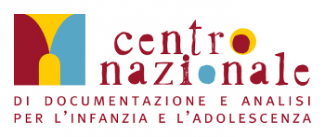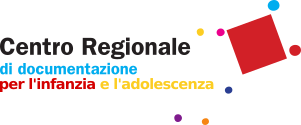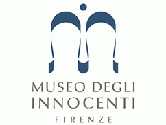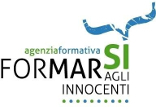Foster Care and Adoption: A Collaboration with the Abruzzo Region
Awareness-raising, training and information programme on family fostering and adoption to reduce the institutionalisation of minors, raise local awareness of child and youth care issues and create a multidisciplinary network of professionals in an integrated intervention perspective.
Working area
Project type
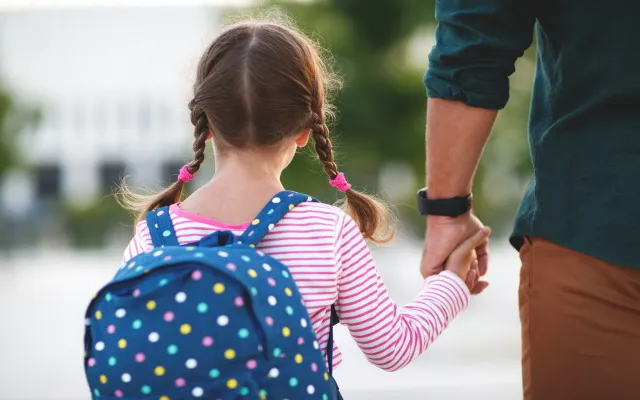
Awareness-raising, training and information programme on family fostering and adoption to reduce the institutionalisation of minors, raise local awareness of issues concerning their reception and create a multidisciplinary network of professionals working on the basis of shared models and procedures. This is the programme developed by the Abruzzo Region and the Istituto degli Innocenti from September 2021 to October 2022 within the framework of the agreement between the two organisations. The Institute was tasked with the technical and scientific assistance for the entire programme.
Objectives
The programme has 3 objectives:
Promoting the involvement of the various local actors in protecting and safeguarding processes in favour of fragile minors and families;
Supporting the social actors in developing and consolidating the integrated team-working model in which different professionals work in close relation and integration;
Updating existing guidelines for interventions in family fostering and in supporting national and international adoptions.
Local information and awareness-raising activities on fostering and adoption from an integrated intervention perspective.
The starting point, between September and December 2021, was the three awareness-raising events on fostering and adoption for local communities and accompanied by Bambine e bambini mai più soli, il diritto di crescere in famiglia (Girls and boys never alone again, the right to grow up in a family), a video addressed to the broader context of civil society in Abruzzo. These two activities were deemed necessary to prepare the introductory seminar lasting over 3 hours for social workers, educators, psychologists, neuropsychiatrists, honorary judges and representatives of the regional administration, social services for foster families and adoption, specialist health services involved in therapeutic interventions to support minors and families (such as child and adolescent neuropsychiatry, and addiction, mental health and counselling services), judicial authorities (both juvenile and ordinary courts), authorised bodies, regional and provincial school offices and families and voluntary organisations.
The seminar was held remotely due to restrictions related to the Covid-19 health emergency. Experts from the Abruzzo Region, the Juvenile Court, counselling centres and social services delved into the integrated care model during the family fostering and adoption process, addressing topics such as: a) the role of the team in the national and regional guidelines for intervention with children and families in vulnerable circumstances; b) the experience of PIPPI, the national intervention programme for the prevention of institutionalisation; c) family fragility and the need for the so-called social translators; d) the work of the integrated team in counselling centres; e) social services, authorised bodies and local services; f) the experience of fostering centres; g) the assessment of families; h) support to couples during the adoption process and minors who do not want to be fostered or adopted during the fostering or adoption process; i) school placement of fostered or adopted children; and l) fostering and adoption from parents' point of view.
Local workshops
The next step was holding local workshops to promote an intervention methodology based on the involvement of multiple operators. A total of three working groups were set up, each of about fifty participants, and composed on the basis of multi-professionalism so that the different figures involved in integrated care were represented as were the 24 social areas to which the foster care and adoption services refer.
The 25-hour training course, divided into three stages for all three working groups, involved, as expert trainers and coaches in the field of family fostering and adoption, PIPPI programme trainers and professionals in the area of training multi-professional teams dedicated to the participatory care of fragile families.
During the first phase, three remote focus groups were organised. They were addressed to a maximum of 18 people, chosen among representatives of professional groups and representatives of the agencies involved in family fostering and adoption. Starting from the elements that emerged during the introductory seminar, aspects of the pathway relating to the organisation and workflow, the methods of interaction with other local, institutional and non-institutional actors, the role and activities of the regional technical unit and of the Observatory, and the training and information campaigns were examined in depth.
The second phase was that of the local training/action workshops, one for each group, during which multi-professional working tools and models were presented and analysed, also through team work practices that involved social services, counselling centres and mental health departments, courts, schools and non-institutional local actors such as family networks and associations.
In April, the work carried out in each group was shared at a closing webinar during which the ideas and reflections on possible team-work methodologies aimed at strengthening fostering and adoption services were presented.
Updating the guidelines on family fostering and adoption
The final step involved updating the regional guidelines for interventions in family foster care and in supporting national and international adoption. Between May and June, and with the Institute's assistance, a technical group of selected local representatives was set up to carry out an extensive revision of the two documents, taking into account the processes defined during the training course held in the previous months.
The drafts of the new regional guidelines on adoption and fostering were presented for the first time to the general public at the conference Bambine e bambini mai più soli, il diritto di crescere in famiglia in Abruzzo (Girls and boys never alone again, the right to grow up in a family in Abruzzo), which took place on 4 October 2022.
Last update: 03/03/2023 - 16:53

